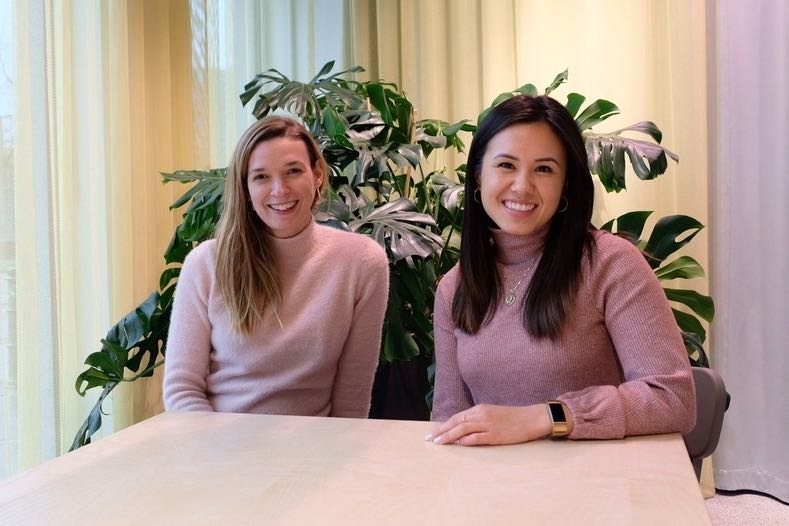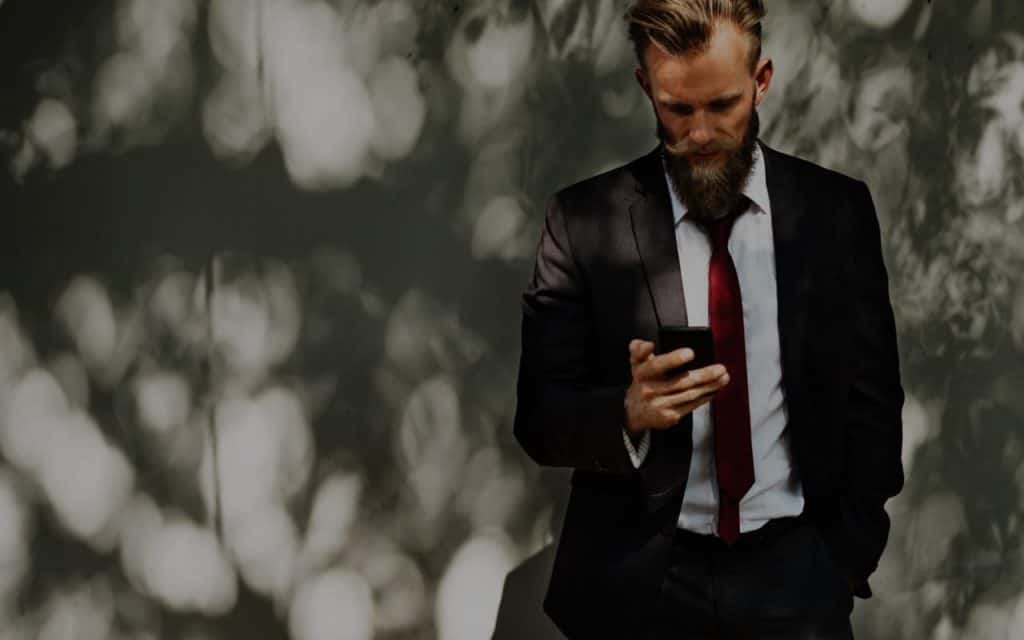
Building a recruiting culture fit for growth
The team at Urban Sports Club is growing rapidly, bringing with it new colleagues, more interviews, and a greater need for members of our team to take part in the interviewing process. Today, we hear from Sam Topuzes, Senior Tech Recruiting Partner, and Stefanie Zielke, Senior Business Recruiting Partner, who developed our interview training, on how we train employees to lead interviews confidently while prioritizing candidate experience.
Could you please introduce yourselves?
Stefanie: I’ve been working at Urban Sports Club for a year and am currently leading the efforts in the non-tech recruiting team. At the moment, I focus on Corporate Sales positions, but I previously hired for Finance, Customer Service, and Partner Management.
Sam: I joined Urban Sports Club in September 2019 and am leading the tech recruiting efforts. This involves providing support to our Tech Recruiters and hiring for the leadership positions in Tech, Product, and BI for all companies within the Urban Sports group.
For the last several months, you both have been leading interview training for our employees at Urban Sports Club. What is the goal of training, and why are we hosting it now?
Stefanie: The goal of the training is three-fold: first, we want to educate interviewers on employer branding, candidate experience, and the impact they have on how a candidate experiences the recruiting process. Secondly, we want to equip them with tools to lead and assess an interview effectively. Finally, we’re taking this time to define what a structured interview process looks like, how we evaluate candidates, and what makes good feedback. Within this final pillar, we also focus on how we can create a more objective interview and recruitment process.
Sam: We’re running this training now because over the last year, and for the foreseeable future, Urban Sports Club has been in hypergrowth. The training is a vehicle through which we can ensure we have enough interviewers who feel confident assessing candidates, selling Urban Sports Club, and providing a good candidate experience. The overarching goal of the training is to provide the interviewers with a toolbox they can use to get the most out of the time they spend with their candidates and that they feel empowered to use this toolbox. Furthermore, we are committed to building up a recruitment culture in which every qualified candidate, regardless of their background or circumstances, is set up for success throughout the process.
What are you hoping participants take away from this training?
Stefanie: I want people to walk away feeling more confident and comfortable leading an interview. I also hope they gain an increased awareness of how a candidate is feeling sitting across from them in an interview and what they can do to make it a more comfortable experience.
Sam: I hope attendees leave knowing that we are all in this together. Ultimately, bringing the right people into the Urban Sports Club team will play an enormous role in determining which heights we can reach together as a company. After the training, I hope everyone feels that they have both the power and responsibility to build an excellent recruitment culture, together.
What has leading the training taught you about interviewing?
Sam: Even though it’s a subject we work on all the time, preparing this training challenged me to think of recruiting from all different perspectives. I had to step into the candidates’ shoes to understand what they’re feeling while also seeing things from the perspective of someone who has never interviewed anyone before or a seasoned interviewer.
Have there been any surprises along the way?
Sam: It’s been surprising how quickly the training has impacted our recruiting processes and our interviewers’ confidence levels. Our teams immediately took the tools learned in the training to make exceptional improvements to existing processes, everything from minor tweaks to complete restructures. In January alone, our engineering hiring speed was 5x faster than in Q4 2019. think this new speed comes from people being more aligned on what the interview process should look like and the experience we should provide.
Stefanie: I’ve also been very impressed by the level of participation and the questions during the training. People have demonstrated just how much they care about who joins the team and how they can better support candidates.
Sam: Stefanie and I love the energy the participants bring to the training. It has been the best feeling in the world to see people get excited about recruitment as a result of the training.
What is your #1 tip for interviewers?
Sam: Listen actively. Active listening is key to making the interaction feel natural and getting the most out of the candidate. It allows you to show interest in what the candidate has to say and base your questions on what the candidate has said so far, which can make the interview feel more natural. Active listening is better than over-engineering or over-structuring the talk.
Stefanie: As an interviewer, it’s also important to self-reflect during and after the interview. What do you express with your body language? Why do you judge traits or answers in a specific way? There are always things you can learn, things that can surprise you, and opinions you form that you can challenge.
What is the typical concern of interviewers and how do you remedy this?
Stefanie: Red flags. People crave shortcuts and use these red flags to jump to conclusions about candidates. During the training, we make it clear that interviewing is not about just seeing one aspect of a person and then coming to a conclusion, but rather seeing the candidate as a whole person.
Sam: Evaluating a candidate is very nuanced. First, we need to ensure Hiring Managers and Recruiters take ownership over determining the qualities we’re looking for, so we are better able to identify from the first moment whether or not a candidate is a fit. Ultimately, evaluating a candidate is more of an art than a science. We can give the training and the tools, but, the only way to improve is to gain as much experience as you can actually interviewing people.
What is Urban Sports Club’s philosophy on interviewing?
Sam: At Urban Sports Club, we look at the interview as the first step of the employee experience. We want to make people feel as comfortable as possible, and to give them the opportunity to shine, no matter the role, their interviewer, or their own background. Additionally, we want to give them an accurate reflection of our culture with the hopes that they leave the interview with a more positive impression of Urban Sports Club than when they began.
How has this interviewing training helped us take our hiring to the next level?
Sam: People don’t remember what you say, they remember how you made them feel. The training we’ve put together gives us the best possible chance for candidates to leave with the feeling that they’ve had a special experience, and that would mean next level for us.
Interested in joining our team? Check out our open positions.



Comments